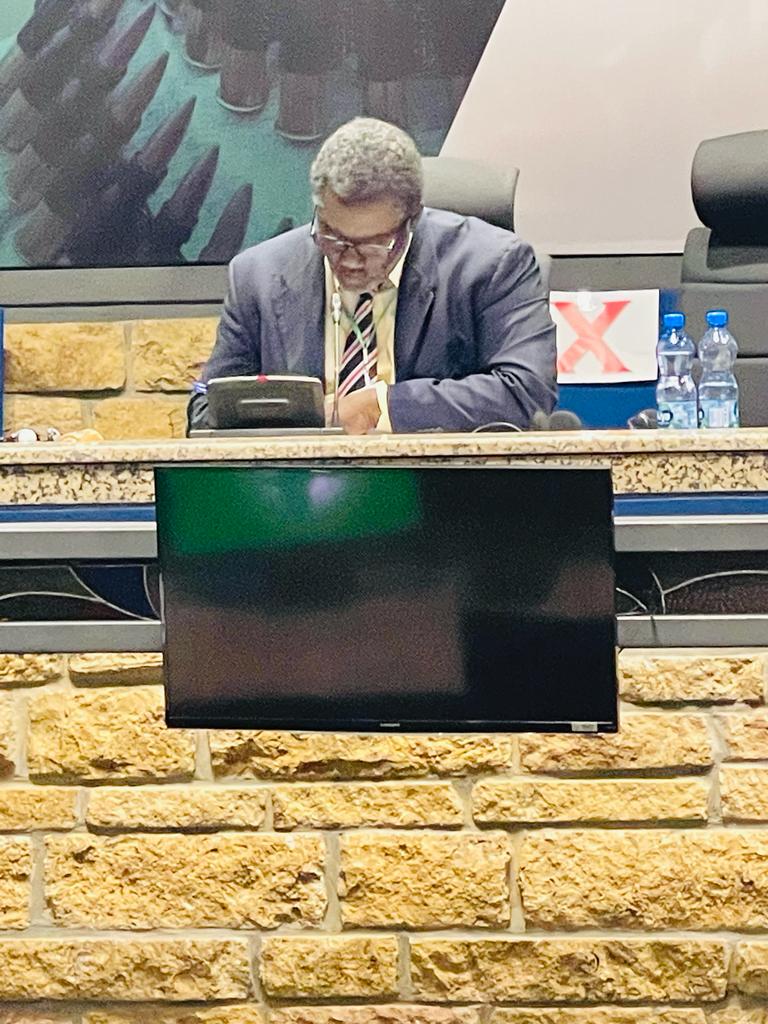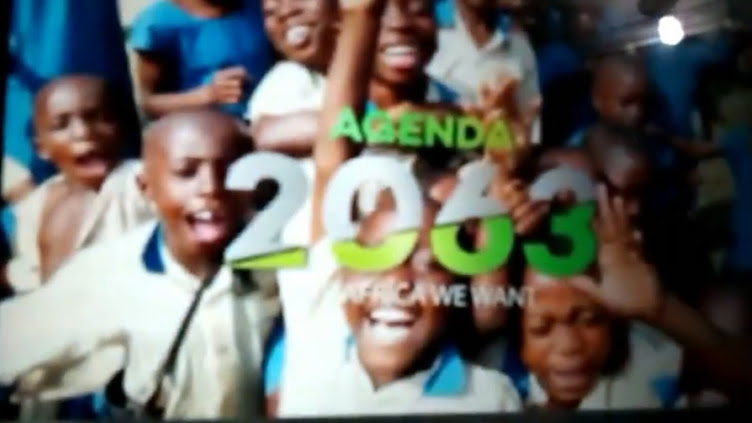#AfricanForumOnMining: When Moderator Duties Go a-Calling at the Second African Forum on Mining in Addis Ababa:
ADDIS ABABA

I had the priviledge of moderating a session on 4 October at the Julius Nyerere Hall of the AU's Peace & Security Building. The session was entitled "Resource-based Industrialization in Green Minerals Value Chains: The Case of Solar Power Systems & EVs". It featured Tatenda Mungofa , Nyasha Chasakara, kojo francis, Eddy Sebera
When the personable Interim Director of African Minerals Development Centre (AMDC) Dr Marit Y. Kitaw approached me to remember the time and try to do it in thirty minutes, I swallowed hard. When Progranmes Officer for AMDC Mkhululi N Ncube reminded me not to go a minute beyond 30 minutes, my mouth went dry, knowing this was quite a feat of herculean proportions.
How do I moderate a session empanelled by 4 "paragons of manufacturing virtue", as I put it somewhere in the moderation session, without offending them I had cut them off.
Swallowing what was left of my dry mouth, I ensure each had 3 minutes to speak. Thereafter, I went, like magic, into moderator mode:
" I think we are on track, so there will be an opportunity for answers and questions for those who would like to contribute.
Not to sum up -- because I couldn't even begin to sum up-- except to say that I think what we have here on the panel...are... paragons of manufacturing virtue - so to speak.
In each of your own capacities, you are doing something big. [you] are talking about Assembly plants in solar; you are talking about phones, cars; and there's a lot of things we still need to unpack around the conversation, because let's be honest: we don't have experts filled in this room. We still have people who are mid-level...we need to break this conversation down to them.
So what I'm going to try and do is as I open the floor for questions and answers, to try and find out questions from people who would like to find out more about the important points from these CEOs, and how we can take the conversation further when we get back home.
We don't want this to die...we remembered all those who had fought for this conversation on AmdC and Mining Vision. ..There are lots of heroes in this conversation we cannot name now, so we will need to continue the journey as equitably and critically as we can.
Thank you for your time. The floor is open for questions. Maybe we can pick three for now ...and try and limit it to 1 minute if you can. A contribution or a comment or a question please.
Thank you very much."
In the end, I managed about 45 minutes max, with 3 questions and responses by all panellists.
Not quite the 30 minutes I had hoped for -- but we shall do better next time!
For more on what was said by these panellists, you can check @AfricanAMDC on twitter and do a twitter search for "#AfricanForumOnMining Sebera" to get to the panel and Mr Sebera's comment on my moderator duties, which turned out to be humbling.
